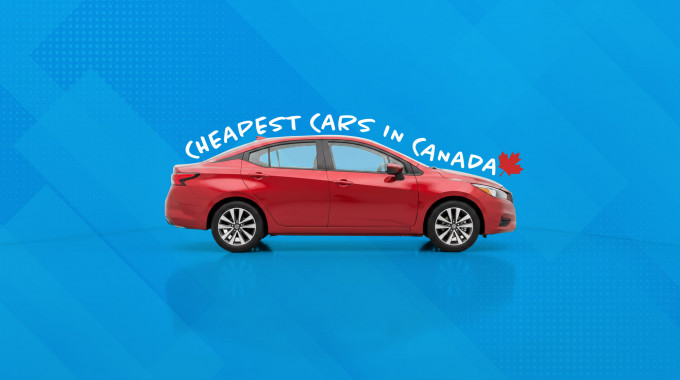
Should you Opt for an Extended Warranty?
If you are on the lookout for a new or used vehicle this summer, there are likely many decisions that you are in the process of considering. Perhaps you have already decided on the vehicle type, the year and even have factored in the cost to determine how much you can afford.
With many of the important decisions associated with your financing and your vehicle itself, one additional question to examine prior to finalizing the sale of your car – is whether or not you should go with an extended vehicle warranty and does it make a difference if you are buying a new or a used vehicle?
While opting in or out of this additional warranty coverage may be more suitable for different drivers – and for different vehicles before you commit to this add-on, here are some pros and cons to consider.
Pros of an extended warranty
1. Tailoring your warranty
This first feature of an extended warranty package can benefit car owners in that they typically can have a choice in what features they will opt-in for additional warranty coverage. These days, there is a wider range of products and services associated with your vehicle that some drivers will choose from and others will not need.
2. Covers expensive vehicle systems
Another benefit of going with an extended warranty is that it can cover repairs that are very pricey. For example, the advanced technology that is used in vehicles these days, including computerized equipment is quite expensive to repair and going with a warranty that extends to these features can save car owners a lot of money in the process. Therefore, if you are considering an extended warranty, make sure that it will cover these types of vehicle assessments and repairs if your vehicle has these features.
3. Covers parts that may fail beyond the manufacturer's warranty
Lastly, if you are questioning whether or not to go with an extended warranty you may choose to opt for an extra warranty on certain vehicle features that may be more likely to fail beyond the typical warranty period. This can provide you with peace of mind and also save you money over the long run. If, for example, you are buying a used vehicle – then taking out an extended warranty may be in your best interest – in the event the older parts or systems do not hold up as long.
Cons of an extended warranty
1. Can be expensive & unnecessary
One of the main cons that may deter many people from taking out an extended warranty is the additional cost. In many cases, a dealer or warranty provider will take a gamble that your car will not require additional repairs beyond the cost of the warranty. However, from your perspective, you are actually wagering that it will and taking on the extra coverage to be on the safe side. In the event that you purchase an additional warranty and it goes unused, you have paid out a lot more on top of your vehicle purchase. If you have purchased a new vehicle, you may find that the extended warranty is more likely to go unused – as the newer parts and systems should typically last you longer.
2. Not all repairs are covered
Yet another reason against taking out an extended warranty is the reality that they do not always cover all types of repairs. Therefore, if you are adding additional warranty terms onto your vehicle purchase, make sure you read all of the fine print and be sure it actually covers the types of repairs and features that may be more suitable for you and your vehicle. This will likely be referred to as an ‘exclusion list’ and the warranty provider should outline the specific systems, parts and features that are not included in the warranty.
3. Restrictions on providers
Another strike against an extended warranty has to do with the restrictions associated with who you can turn to for your vehicle repairs. In many cases, there may only be a few select repair shops that are approved to cover the warranty repairs. So, in the event that you move or require repairs while on vacation, for example – your warranty provider may not honour any repairs made by companies that are not on the list. However, if you are driving an older vehicle and are concerned that your car may be more likely to break down or need repairs, an extended warranty may not cover these repairs if they are serviced at independent repair shops. Oftentimes, these restrictions can make purchasing an extended vehicle warranty less of an advantage – and in fact not worth the extra cost at all.
All in all, you can see that there are some benefits to purchasing an extended warranty. However, in other cases, there may be too many restrictions and ‘what ifs’ to make it a valuable enough service. If you do want to be extra cautious, in case you do require certain repairs not covered beyond the initial warranty period – make sure you do read the fine print and be aware of the select repair shops and the exact parts and vehicle systems that are included. Ultimately, that way you won’t be pressured into an agreement you don’t need or at the very least unaware that you are paying extra for warranties on parts that are irrelevant for your circumstances.
Also realize that in some cases there may be room to negotiate the terms and the cost of your extended vehicle warranty. If you do decide to go ahead with it, then at least you may have the opportunity to save some money in the process. In the end, don’t let fear drive you to take on the extra warranty costs – think it through, shop around, weigh the pros and cons, and ultimately decide what is best for you – and your vehicle.







